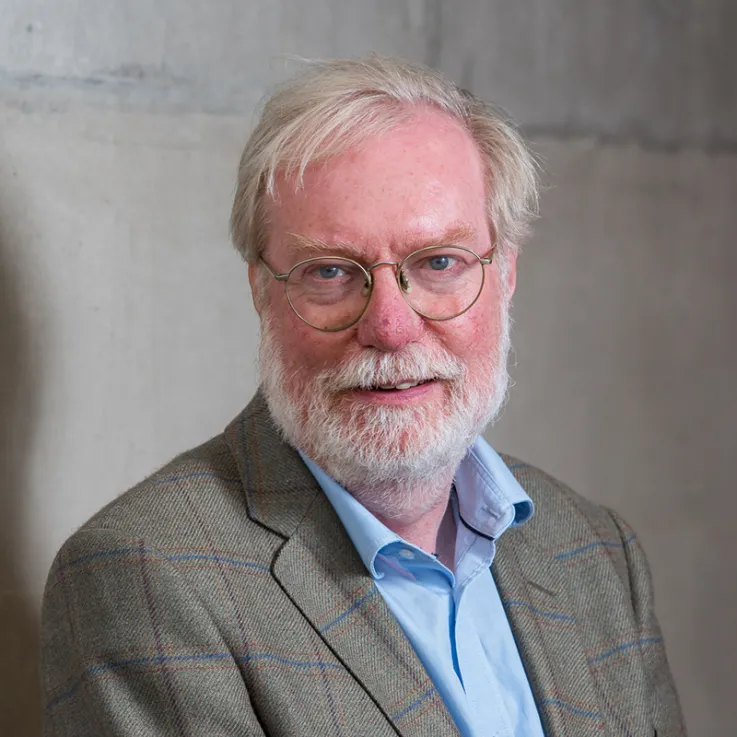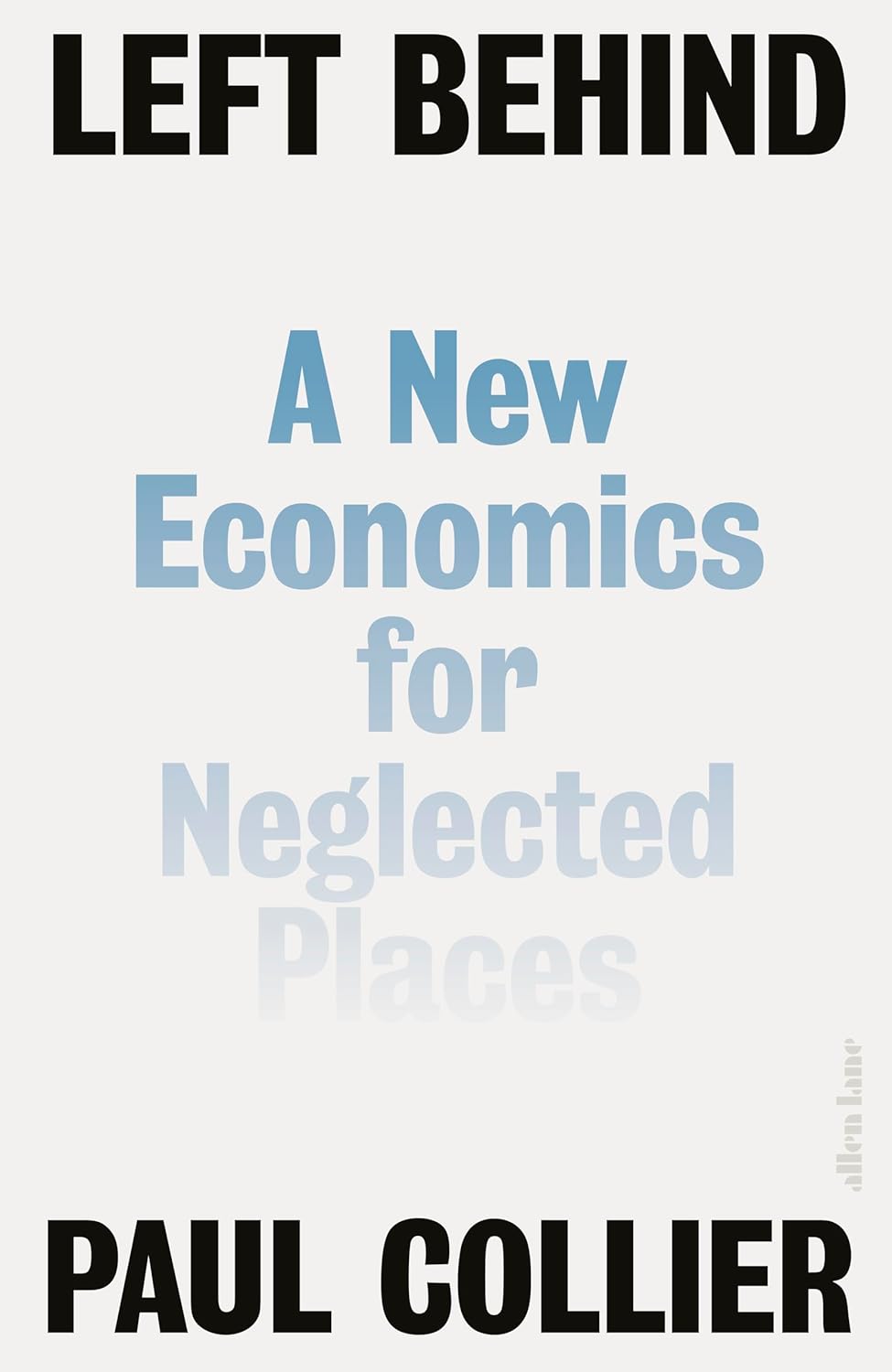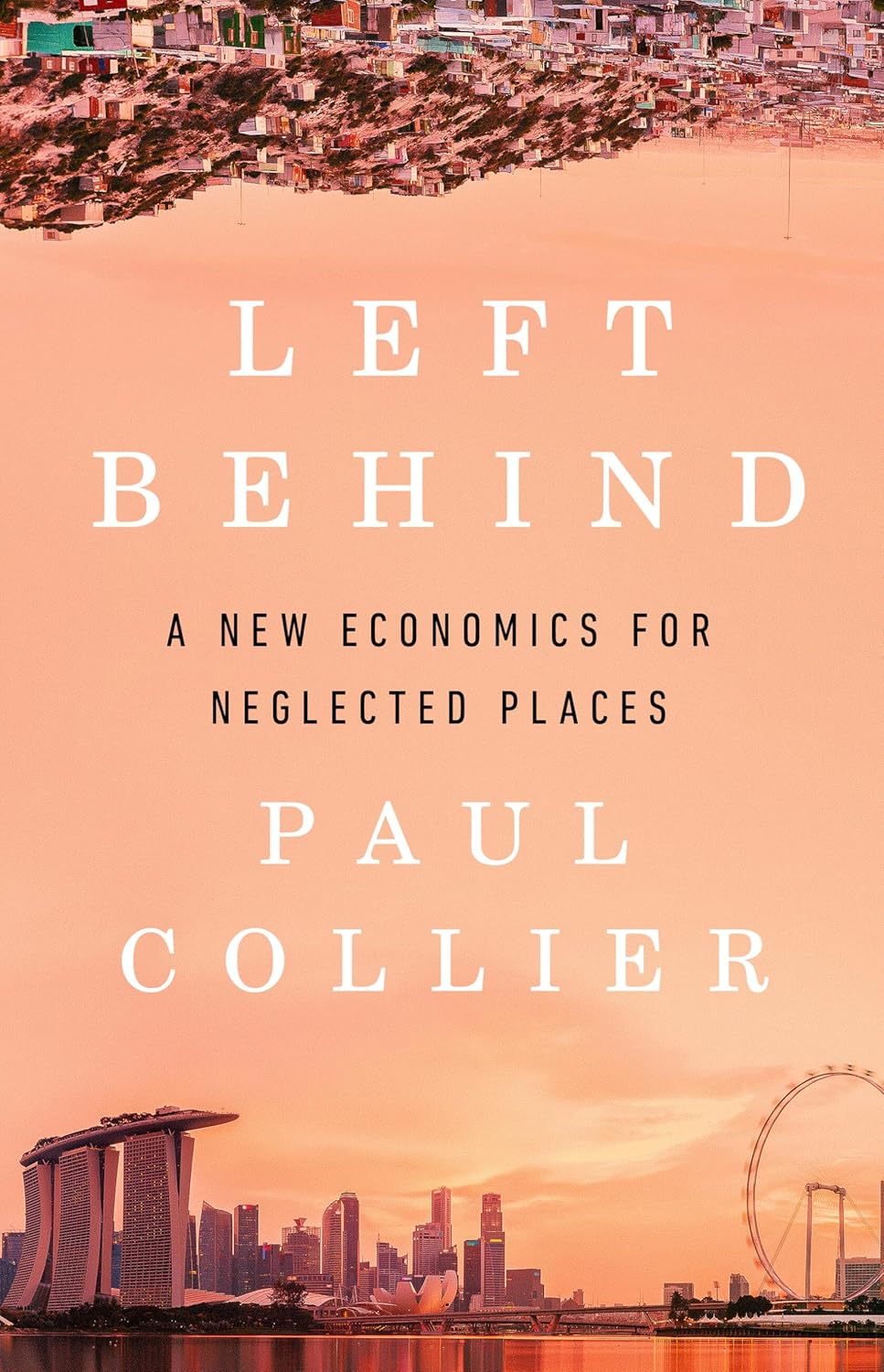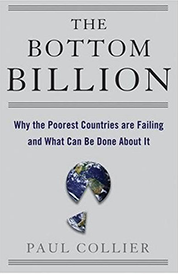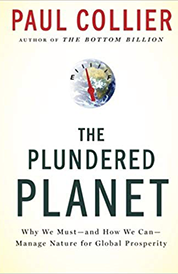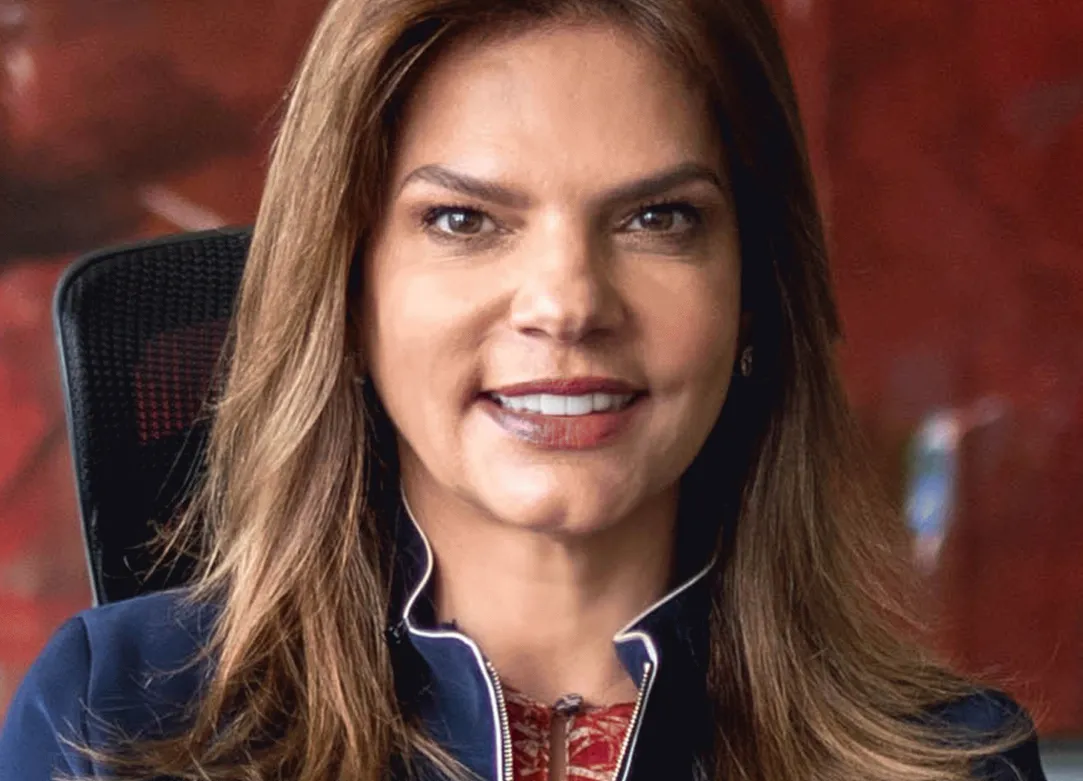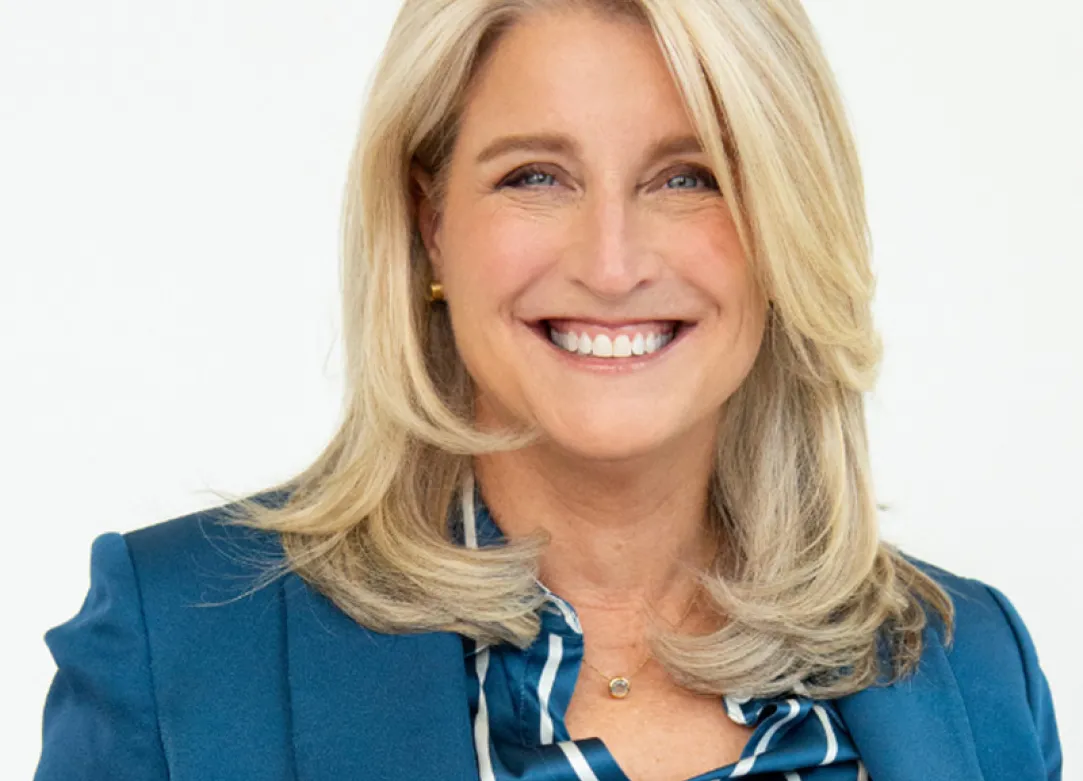One of the world’s leading experts on developing markets and financial opportunities within the poorest countries. Director for the Centre of the Study of African Economies at Oxford University, Collier is currently Advisor to the Strategy and Policy Department of the IMF and advisor to the Africa Region of the World Bank, where he previously served as Director of the Development Research Group.
Collier is a particularly important speaker for businesses and organizations concerned with emerging markets, as he effectively demonstrates the value, and the virtue, in combining compassion with wise investment strategies.
Collier writes a monthly column for the Independent, and his commentary also appears regularly in the New York Times, the Financial Times, the Wall Street Journal, and the Washington Post. His bestselling book, The Bottom Billion, which has been compared to Jeffrey Sachs’s The End of Poverty and William Easterly’s The White Man’s Burden in its scope and impact, identifies the four traps that keep such countries mired in poverty, and outlines ways to help them escape. He is also the author of Wars, Guns and Votes: Democracy in Dangerous Places. His most recent book, entitled The Plundered Planet: How to reconcile prosperity with nature, was published in May of 2010.
Plenty of people have wrung their hands over the fate of the world's poorest, but few have thought more deeply and systematically than Paul Collier about how they got that way. In the 2007 book that first brought his ideas to wide attention, The Bottom Billion, the Oxford University professor offered a powerful antidote to the fatalism that often permeates discussions of global poverty: It's all about attacking bad governance.
In The Plundered Planet, Collier writes a new work that takes apart the dichotomy between environmentalism and development aid and explains why the two must work in harmony. Offering tough love for both preservation-minded environmentalists ("romantics") and free market economists ("ostriches"), Collier argues provocatively that natural resources offer the single best route out of misery for the global poor -- provided they are used responsibly rather than plundered by crooked officials and their accomplices in the international business community.
Collier is not just a theorist; he has worked to put his ideas into practice with new and struggling governments from Africa to the Caribbean. Collier's 2009 report for the United Nations has practically been the line-by-line blueprint for Haiti's rebuilding post-earthquake -- even though he wrote it a year before the disaster happened. Collier was credited with prescience, but as he has said for years, the problems of countries like Haiti are hiding in plain sight -- and the longer we pretend they aren't, the worse they'll get.
"The problem of the bottom billion will not be fixed automatically by global growth," Collier has written, "and … neglect now will become a security nightmare for the world of our children. We can crack this problem; indeed, we must."
He has twice been presented as a TED Speaker, a testimony to his unique importance in the global economy and his skill as a speaker.
Paul Collier is the ideal speaker for:
- Global finance and investment conferences seeking uniquely valuable insights into emerging markets.
- Companies and organizations with an emphasis on bettering our planet while maintaining profitability.
- Organizations interested in global poverty, and what they can do about it.
- Any group who requests an engaging and mentally stimulating speech.
